I finished reading Barbara Kingsolver’s Animal, Vegetable, Miracle about three months ago. It became a ritual to head to the bath tub or bedroom and enjoy reading every night while Ed watched one of his history channel shows on TV. I knew that this book spoke to me, when in the first chapter Kingsolver wrote:
It is not my intention here to lionize country wisdom over city ambition. I only submit that the children of farmers are likely to know where food comes from, and that the rest of us might do well to pay attention.
Any time someone makes a comment that country kids are intelligent, I’m listening. Over the last few years teaching botany and environmental science, I have been shocked to realize just how separated this generation of teenagers is from their food. My students are always bothered by the fact that we have, in the past, eaten chickens, turkeys, pigs, or cows that we raised. We don’t do that all the time, but it’s something we do on and off. The can’t believe that I would eat an animal that was my pet. My response has always been: “I grew up on a farm. My life is different from yours.” Not to mention, if I have helped to raise an animal, I know what its life was like, that it was loved and well cared for, and was a happy animal. There are none of those guarantees when we go to the grocery store and buy a hamburger, and in fact, lives like that for cows are more the exception than the rule.
In two generations we’ve transformed ourselves from a rural to an urban nation. North American children begin their school year around Labor Day and finish at the beginning of June with no idea that this arrangement was devised to free up children’s labor when it was needed on the farm.
Not all children. My brothers, cousins and I were raised in the farm stand. All of us played a role in weeding, planting, fertilizing, harvesting, arranging, and selling the crops we grew, in some way or another. I was mostly in the farm market. I learned to arrange strawberries in a basket with my mother, grandmother, and great grandmother. I know what the most attrative way to pile corn is. I also know that on a hot day you need to put ice in the pile. I know how to polish an apple with a burlap bag, and I know how to sort through tomatoes. I also know that you can’t put too many peaches in a box because when you put the lid on you’ll squish them. I’ve gone through blueberries until my fingers were blue. I know to never carry a pumpkin by the stem. I also know how to choose a melon, something which is for some reason mysterious to most people. But I digress…
The Kingsolver clan proceeds to live out a year on their farm growing all of the food that they possibly can, and buying very little, mostly from other local farmers. I enjoyed reading Barbara’s description of day to day life, husband Steven Hopp’s interjections of articles about society or science, and Camille’s recipes. I’ve adapted my own version of her pizza crust recipe. It was also wonderful to hear about how daughter Lilly was involved in her own adventure in math, business, and science education raising laying hens. It is clear that farming for the Kingsolvers was a family affair, as it is for all farming families. When a family lives that way, children are able to feel that they are contributing to the success of the family, and they also learn all of those little lessons that are not taught in school. My dad always said that you could learn more in a day on the farm than you could in a week in school.
Farming is not for everybody; increasingly, it’s hardly for anybody. Over the last decade our country has lost an average of 300 farms a week. Large or small, each of those was the life’s work of a real person or family, people who built their lives around a promise and watched it break. The loss of a farm is a darkness leading to some of life’s bitterest ends. Keeping one, on the other hand, may mean also working in a factory at the end of a long daily drive, behind and ahead of the everyday work of farming.
The thought of my family losing our farm is one of the most horrible things I can imagine. We all work other jobs, including construction and teaching, and we all work on the farm. We do it because it is our home and our lifestyle, not because it’s lucrative. I may jokingly ask how many college degrees I have to earn before I can stop working summers and falls at the farm, but then again, would I want to stop?
I loved reading this book because it made me think so much of my own family, but I could also see how it could be educational for someone who did not grow up the way that I did. The trials and tribulations, as well as the successes, are a wonderful documentation of how a local food lifestyle is. The stories of long days in the fields, a kitchen full of zucchini, slaughter of hens, and of hard work shared by a family are sadly not stories that many people would relate to anymore. I would recommend this book to anyone who wants to learn more about the importance of eating seasonally and locally, and wants to hear about one family’s experience in that lifestyle.





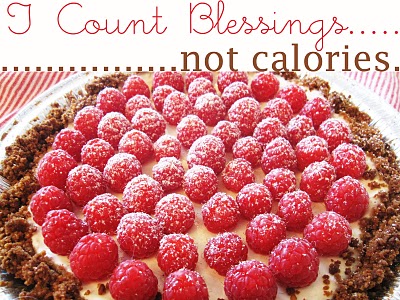
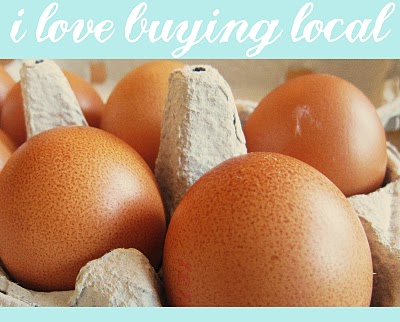



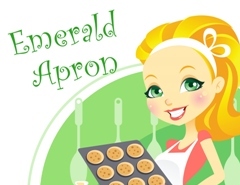

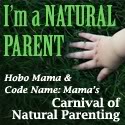
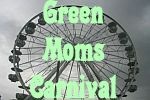

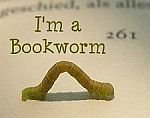




Prior to my reading this book, I had forgotten the dream of a little 12 year old child to grow her own food and make her own cheese. I had forgotten the hours I spent pouring over my mother’s books from her hippie stage with all the wheatgrass. I read the book shortly after Christmas and haven’t been able to get Barbara’s words out of my head. I even attempted making my own cheese after reading her account. The farmer’s market opens tomorrow in a town about 30 minutes away and I can barely contain myself. I started asking where the food in the “farmer’s market shop” came from. I’m no longer ok with eating that was shipped from Thailand when I can grow in my own yard.This book did truly change my mindset about food and emboldened me in asking the hard questions. I love it!
Cheese is on my list of things to try over my summer vacation. How did your experience go? I want to make mozzarella and maybe ricotta to start.
By the way, I realized that my “review” is more of a reflection of my own life and less of an actual review. It’s interesting because this book really makes you think about your own life and how you can live differently.
I made the cheese recipe 7 times. It worked the first time. That ball of cheese was so beautiful, I could have cried. I really think it had a lot to do with the milk. Probably too pasteurized. However, the ricotta was superb! My family is Italian and so we eat a great deal of pastas and so forth… I made a crab manicotti and it was to die for! I am also going to order more kits from the “cheese queen” and make cream cheese, sour cream and goat cheese. We have a friend who is purchasing some goats this spring and will have loads of milk to deal with so we are going to try!
My husband and I refer this book to our change of lifestyle daily. Barbara Kingsolver has been one of my favorite authors on fiction for years. When this book stood at the local Borders, I slapped my plastic and caved in on the purchase. That was one of the shopping deals I’ve done that was a valuable purchase. Since childhood, I always wanted to live out in the country full time- like my husband. Our goal is to live sustainability with our children on our land by using our own energy and food resources. I enjoyed the extra articles Kingsolver used for her references to back up her opinions and experiences.